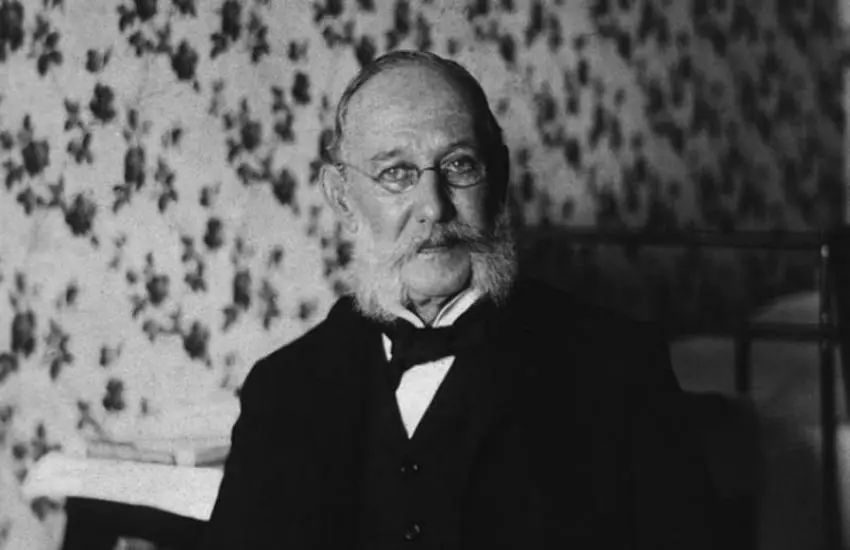Cuba remembers this Saturday the death of the eminent epidemiologist Carlos Juan Finlay de Barres, whose main contribution to world science was his explanation of the mode of transmission of yellow fever.
Finlay (1833-1915), that was born in the territory of today’s province of Camagüey, central-eastern Cuba, discovered the transmitting agent of yellow fever, which made it possible to clean up the areas invaded by this infectious insect all over the world.
In the Caribbean island, the “Carlos J. Finlay” Order of Merit was created in his honor, awarded to those who render relevant services to science. Likewise, on December 3, in commemoration of his birth, the Day of Latin American Medicine is celebrated.
The Cuban epidemiologist was nominated for the Nobel Prize in Medicine, in recognition of his scientific work, considered one of the most important in the field of tropical diseases.
The merits of this scientist from the Antillean island allowed him to become a member of the Academy of Medical, Physical and Natural Sciences of Havana; where he was appointed Chief of the Superior Board of Health in 1902, and received numerous awards, among them the Order of the Legion of Honor of France.
With information from Prensa Latina / Translated by Radio Angulo
Aditional Data:
Carlos Juan Finlay y Barrés (Puerto Príncipe, present-day Camagüey, Capitanía General de Cuba, December 3, 1833 – Havana, Cuba, August 19, 1915), generally cited as Carlos J. Finlay, was a Spanish-Cuban physician and scientist.
He discovered and described the importance of the biological vector through the metaxenic theory of disease transmission by biological agents, applying it to yellow fever, transmitted by the fertilized female Aedes aegypti mosquito.
Despite having discovered the origin of yellow fever and having demonstrated the presence of a transmitter (vector) and having been nominated seven times for the Nobel Prize in Medicine, he never received this recognition. / Translated by Radio Angulo.
- Installation of Photovoltaic Systems in Rural Communities in Holguin - 19 de January de 2026
- 39th City Salon Opens in Holguin - 19 de January de 2026
- Habanos Festival Among Cuba’s Most Important Tourism Events - 19 de January de 2026

